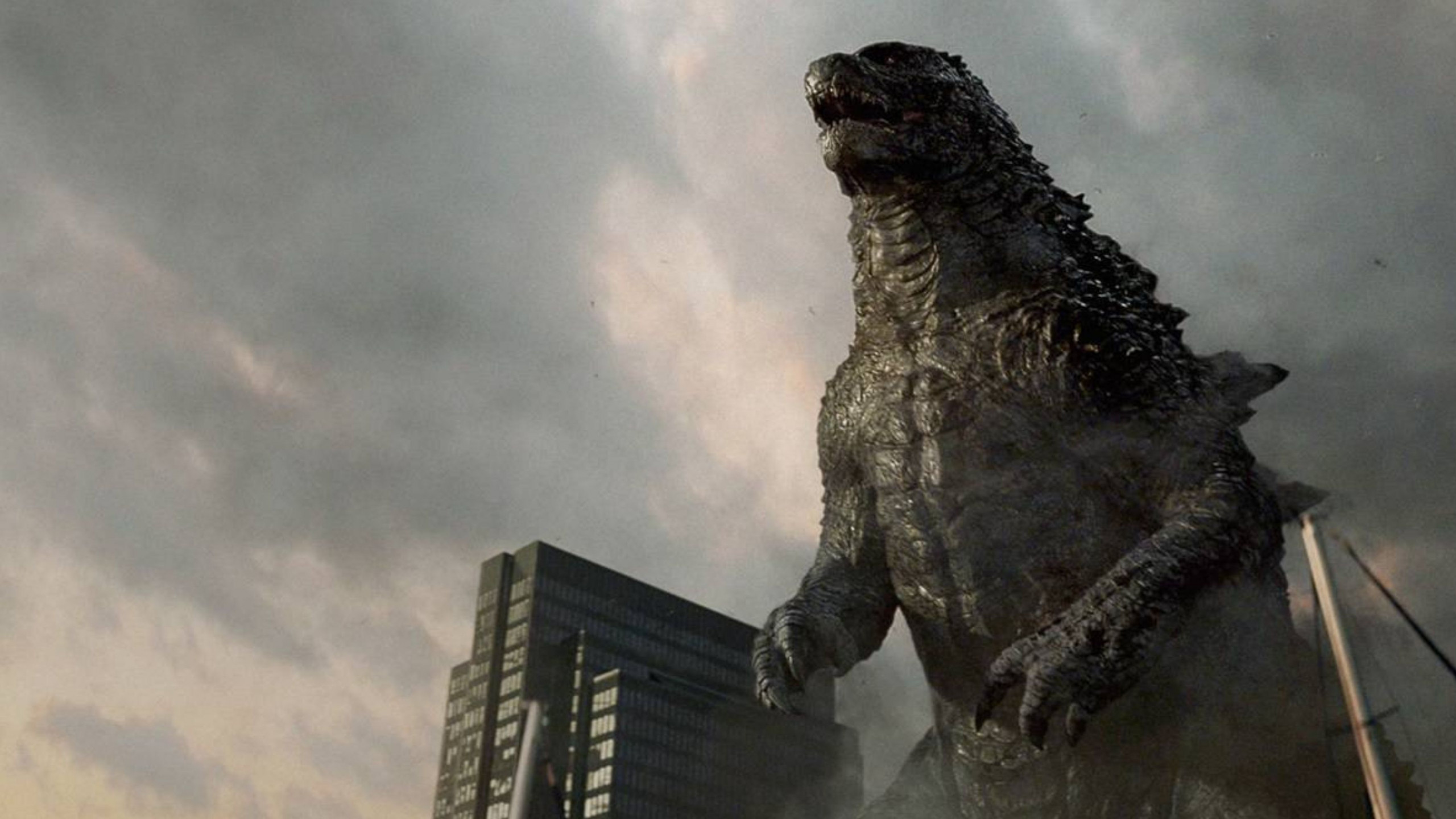The festival organization was directly responsible for the degrading conditions identified by the inspection
An inspection operation rescued 14 workers at Rock in Rio who were subjected to degrading conditions and grueling working hours. Inspectors found workers sleeping on cardboard, plastic bags or tarpaulins at their workplaces. Some showered with the help of cups in the women’s bathroom, due to the lack of showers. Alexandre Lyra, labor inspector, told the press that “the lunchbox sometimes arrived sour” and underlined the impact of the long working hours: “They carried weight, without returning energy and adequate nutrition.”
The victims performed tasks such as loading metal structures and drinks, setting up the festival and cleaning. Hired with the promise of daily rates of between R$90 and R$150, many did not receive the full amount.
The rescue occurred on September 22 and involved a task force made up of labor inspectors and prosecutors from the MPT, but the information was only released this Wednesday (18/12), almost three months after the end of the festival.
Understand how labor is analogous to slavery
The event organizer is held responsible
Rock World SA, the organizing company of Rock in Rio, was held directly responsible for the inspection, which issued 21 infringement notices against Força Bruta Backstage, in charge of carrying out the services, and 11 against the organization of the event itself. The task force highlighted the negligence in monitoring compliance with labor legislation by the service provider.
The companies refused to sign a Term of Conduct Adjustment (TAC) and the Public Ministry of Labor announced that it will take measures to prevent the recurrence of irregularities and will request compensation for individual and collective moral damages.
In a press release, the festival organizer said she was surprised by the fine, specifying that it “repudiates the accusations of slave labor (sic) and any form of work that does not respect the dignity of the worker”. The company also justified the failure to sign the TAC, “since the irregularities highlighted were carried out exclusively by Força Bruta, a company active in the events market, which however does not characterize work similar to slavery (sic)”.
Rock
Rock in Rio has already been implicated in other allegations of slavery-like labor. In 2013, the Ministry of Labor and Employment found that 93 workers had been subjected to slavery-like conditions by the Bob’s fast food chain during the event. Two years later, in 2015, 17 people were rescued while selling chips at the festival, operating in conditions that made adequate earnings impossible. Bob’s and Rock World have signed a Conduct Adjustment Agreement (TAC) to ensure decent working conditions for those hired to perform at shows.
Last year, the company Time For Fun (T4F) was also the subject of a lawsuit brought by MPT for alleged slavery-like work at the Lollapalooza festival. On the eve of the opening of the festival, which was attended by artists such as singer Billie Eilis and Twenty One Pilots, workers were identified as being in conditions resembling slavery. The event’s beverage transportation and maintenance workers remained on site day and night, and slept in a tent, on cardboard strips, with a daily rate of R$160, without paying overtime, for 12 hours days. After the controversy, the organization of the festival changed hands and began to be handled by Rock World, which was already responsible for the 2024 shows.
For a better world
Rock in Rio’s slogan is “for a better world”. According to Rock World estimates, the festival has already supported more than 200 social institutions and, this year alone, has donated 1.5 million plates of food together with Ação para Cidadania.
Note from Rock World
The company responsible for Rock in Rio released a statement to clarify the allegations. Read the document in full:
“Rock World was surprised by the news of a press conference, in which the labor prosecutor (MPT) and the labor auditors (MTE) made serious accusations against Rock World, in a hasty manner, violating the constitutional right to cross-examination, ample defense and presumption of innocence, since the facts are still being examined in a recently started administrative procedure.
Rock World repudiates accusations of work analogous to slavery (sic) and any form of work that does not respect the dignity of the worker, as well as highlighting that to date there is no fact that discredits his conduct that has been demonstrated after being subjected to due process.
Regarding the complaint reported, as soon as Rock World became aware of the facts involving some workers of the Força Bruta company, it took immediate action, notifying the company and adopting the appropriate measures, with the intervention of the Public Ministry of Labor and /o the Ministry of Labour, which monitored the measures adopted after the complaint, and Rock World, which never held back in collaborating **and taking the necessary responsibilities**.
Rock World instructs all outsourced companies and suppliers to conduct hiring processes in compliance with Brazilian legislation and does not tolerate any action that violates human rights.
All event workers produced by Rock World, the company that owns Rock in Rio, follow rigorous hiring standards and require:
Own professionals
CLT registration
Participate in RW’s occupational health and safety programs (PGR and PCMSO)
Use of protective equipment throughout the event area during set-up and dismantling
Food and transport vouchers
Proof of civil or corporate legal relationship, where applicable
Outsourcing companies are obliged (as well as their subcontractors):
CLT registration of the entire team
PGR – Risk Management and Risk Inventory Program
PCMSO – Occupational Health and Medical Supervision Program
ASO – admission or periodic examination
Use protective equipment throughout the event area when setting up and taking down
Furthermore, it undertakes to take all measures to ensure that no worker is harmed and their rights are guaranteed.
Rock World, therefore, did not agree with the terms contained in the TAC proposed by the Public Ministry of Labor and chose not to sign it, as the irregularities highlighted were carried out exclusively by Força Bruta, a company active in the events market, which, however, they do not characterize work as analogous to slavery (sic).
Over the course of 24 editions, 300,000 direct and indirect jobs have been created and thousands of people outside the Cities of Rock have benefited from the social projects that the festival supports, reaffirming the values of plurality, community, sustainability and its commitment to building a better world for all.
In the last edition of Rock in Rio alone, in 2024, more than 32 thousand jobs were created. These contracts were distributed across 160 brand projects and more than 320 supplier projects, all created and represented in more than 30 thousand documents presented and analyzed by the competent bodies.
Finally, Rock World regrets being the subject of serious and hasty charges, which, at least in theory, can still be dismissed following the outcome of due legal process.”
Brute force
Força Bruta Backstage, also known as FBC Backstage Eventos Ltda, did not issue a statement. Via WhatsApp, director Diego Breno Ribeiro told G1: “I can only speak through my lawyer.”
The space remains open for case placement and developments, receiving new updates as they are released.
Source: Terra
Earl Johnson is a music writer at Gossipify, known for his in-depth analysis and unique perspective on the industry. A graduate of USC with a degree in Music, he brings years of experience and passion to his writing. He covers the latest releases and trends, always on the lookout for the next big thing in music.

-t4sx29h6lq2c.png)






